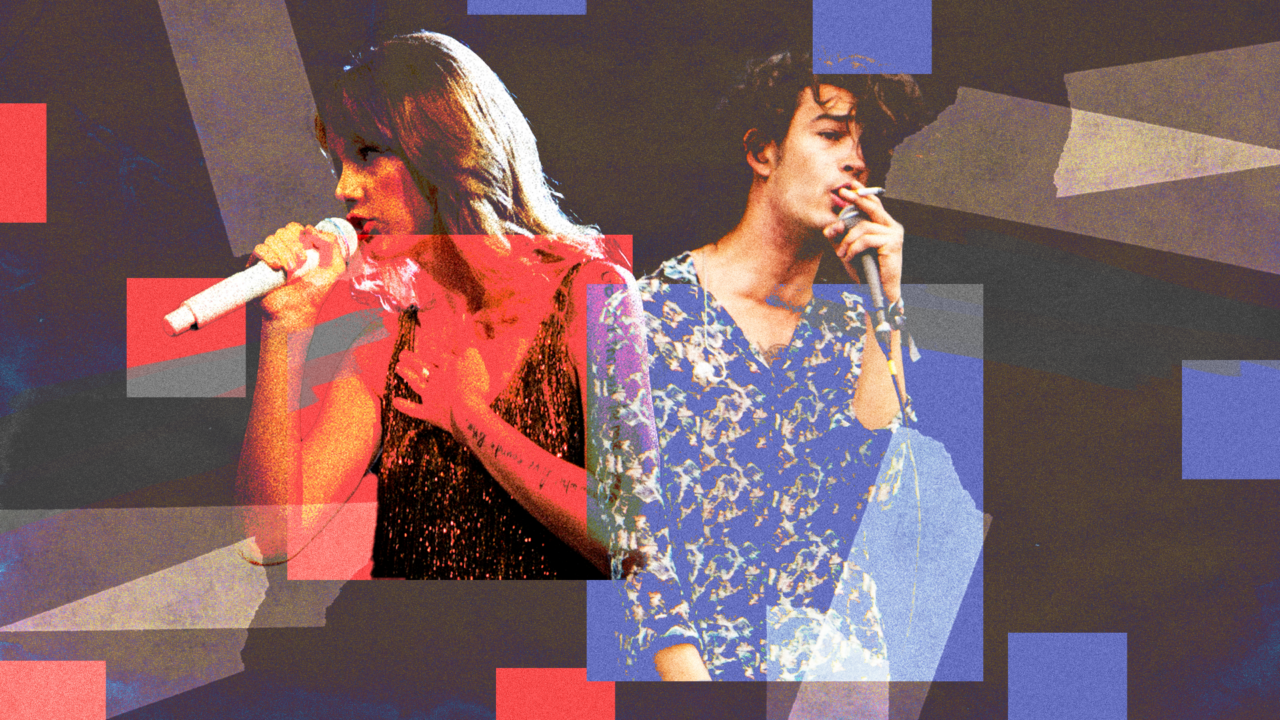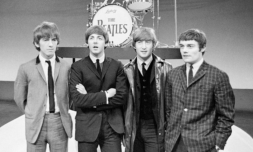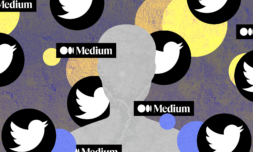The backlash against Swift’s alleged coupling with Matty Healy demonstrated how women are often viewed as extensions of their partners.
Taylor Swift has long been in the public eye for reasons beyond her illustrious music career. In fact, fascination with Swift’s love life has arguably been as instrumental in her success as her full time job.
Recently, her alleged connection with Matty Healy, lead singer of The 1975, has sparked intense media speculation and scrutiny.
It’s not unlike other negative treatment Swift has received. But her links to Healy have highlighted a disturbing toxicity felt toward female celebrities beyond gossip and fascination.
At the heart of public backlash against the two singers alleged pairing lies a deeper issue: the demonization of Swift by the media and the burden placed on women for the actions of their partners.
This phenomenon reflects the broader pressure on celebrities to conform to a politically-neutral persona, often sacrificing their personal identities in the process.
Many could argue that the key ingredient to Taylor Swift’s success has been her mass appeal; brought about by an ostensible ‘harmlessness’, a vanilla bean style, paradoxically innocent sex-appeal and convenient silence on any subject that could remotely raise debate or intrepid thought.
Swift is a constant media target, enduring relentless criticism and scrutiny, particularly when her relationships become public knowledge. This spotlights the unfair – and frankly unrealistic – expectations we place on celebrities to remain entirely nonpartisan.
In Swift’s case, this expectation is wildly selfish. If she is nothing, then she can be everything – and with this fulfil every individual fantasy her fans hold of her.
This is perhaps how her label as a “serial dater” emerged. When Swift interacts with anyone in a romantic way, we deduce things about her from the personalities and histories of her partners, often things we don’t particularly like.




















